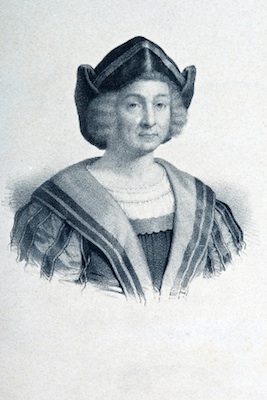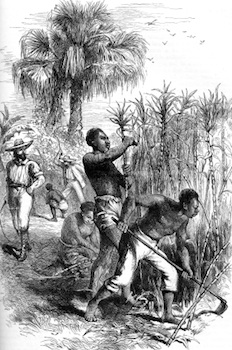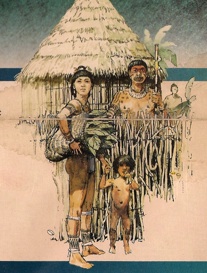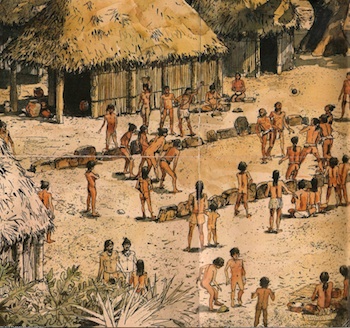|
Caribbean History
Caribbean history is rich with culture and tradition but also wrought with pain, destruction, enslavement, and violence. Many people know that Christopher Columbus was the first European to discover the Caribbean Islands, but did you know that Caribbean history actually goes much further back? The first inhabitants, the Arawaks, arrived on the Caribbean Islands in about 4000 BC. They were nomadic hunters and gatherers and they came from South America.
The Arawaks lived in peace while spreading North and West throughout the Caribbean Islands until about 1200 AD. In 1200 AD the Arawaks ran into another nomadic tribe from South America called the Caribs.
When the two tribes ran into each other, a bloody battle ensued. The Caribs killed and enslaved the Arawak people and basically took control as they spread throughout the Islands.

The next major turning point in Caribbean history occurred in 1492, when Christopher Columbus stumbled upon the Caribbean Islands during his expedition. He was in search of gold and actually, he initially thought he had landed in Asia. (No dice Chris!) While he didn't find gold, he did schedule a second voyage to the Caribbean in 1493. This time he brought Spanish builders, farmers, and missionaries along with him. Columbus claimed much of the Caribbean region for the Spanish crown and the conquistadors exploited the natives violently. They pillaged and enslaved the natives as they created settlements and claimed land. Within a few years, bloody battles raged over the Caribbean Islands between France, Spain, Britain, the Netherlands, and Denmark. Each European power claimed various islands as their own, while annihilating and enslaving the native tribes in the process. During this time in Caribbean history, most of the islands swapped from one European power to another multiple times. Ownership of the islands changed frequently due to the many battles over land. Eventually the fighting stopped and most of the islands settled down. Each European power carved out their own cultures on their respective islands. Today, these influences can still be felt in the food, culture, language, and currency of the specific islands.

Although the fighting between the European powers settled down during the 17th century, slavery was still rampant on the sugar and coffee plantations in the Caribbean. Europeans continued to take advantage of the region's sugar industry by using the native slaves to work the sugar cane fields and plantations in order to trade raw sugar. By the end of the 18th century, many of the sugar plantations were overused and repeated uprisings began occurring among the slaves. Plantations were set on fire and people were killed. A sad fact of Caribbean history is that slavery wasn't abolished until 1886! There were more civil wars and uprisings in the late 19th century, many due to frustrations with the Spanish rules and taxes on certain islands. In 1917 Denmark sold its Virgin Islands to the United States. The United States has since then set up successful sugar, banana, and coffee industries on these islands. One of them, of course, being our beloved St Croix!
Return from Caribbean History to St Croix Gems
|







